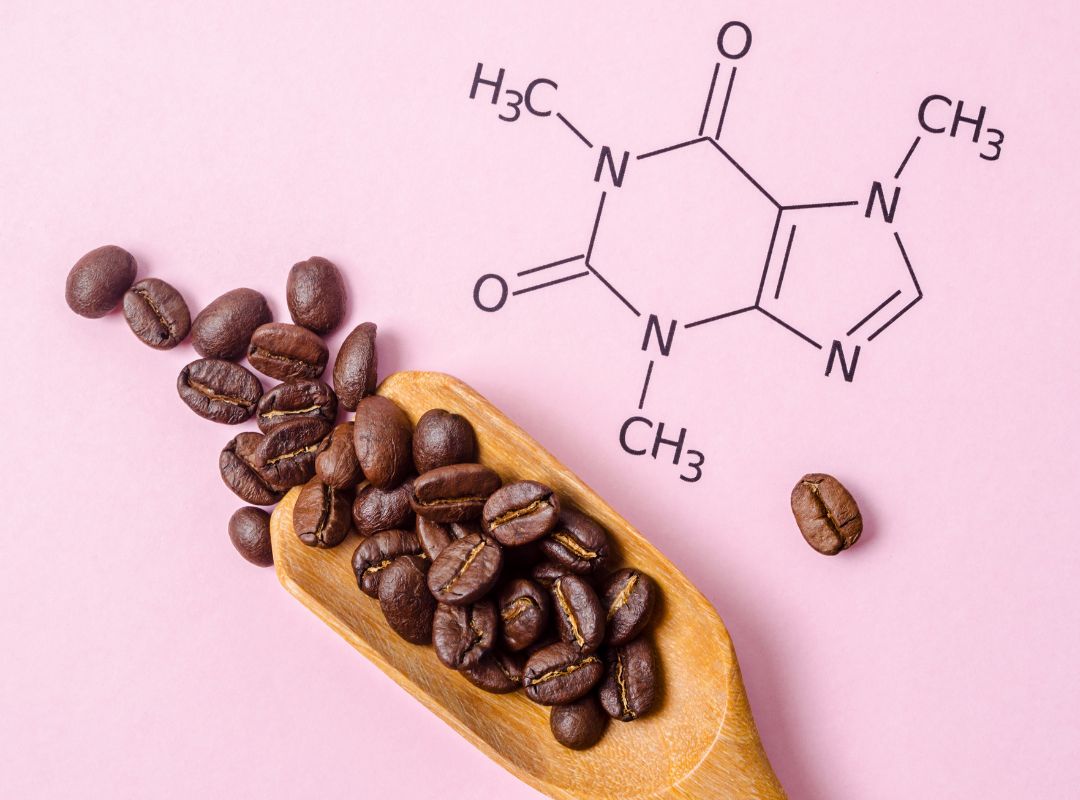In our fast-paced world, caffeine is the fuel that powers many of our days. From the morning coffee ritual to the afternoon energy drink, caffeine is a beloved stimulant. But how much caffeine is safe to consume each day?
Caffeine: A Global Affair
Caffeine is found naturally in over 60 plants, including coffee beans, tea leaves, kola nuts, and cacao pods. It's also added to many manufactured foods and beverages, including soft drinks and energy drinks. Caffeine's popularity lies in its ability to ward off drowsiness and improve concentration and focus.
Understanding the Safe Limits
For most adults, consuming up to 400 milligrams of caffeine a day appears to be safe. This is roughly the amount of caffeine in four 8-ounce cups of brewed coffee, 10 cans of cola, or two energy shot drinks. However, it's essential to remember that caffeine sensitivity varies.
Factors Influencing Caffeine Sensitivity:
- Genetics: Your genetic makeup can influence how your body processes caffeine.
- Body Weight and Age: Generally, the less you weigh, the longer caffeine stays in your system. Younger individuals, particularly children and teens, are advised to limit caffeine intake.
- Medication and Health Conditions: Certain medications and conditions can make you more sensitive to caffeine.
The Benefits and Risks of Caffeine
Caffeine does more than just wake you up. It has been linked to various health benefits, including enhanced brain function, increased metabolism, and a lower risk of certain diseases like Alzheimer's and Parkinson's.
However, overconsumption of caffeine can lead to negative effects like insomnia, nervousness, restlessness, stomach irritation, rapid heartbeat, and muscle tremors.
Special Considerations
- Pregnant and Nursing Women: It's recommended to limit caffeine intake to about 200 milligrams per day during pregnancy and breastfeeding.
- Children and Adolescents: Children should consume minimal amounts of caffeine, as it can affect developing brains.
Withdrawal Symptoms
Regular consumers of caffeine may experience withdrawal symptoms if they suddenly stop consuming it. These can include headaches, irritability, and fatigue.
Quality Over Quantity
Remember, it's not just about how much caffeine you consume, but also where it's coming from. Nutrient-rich sources like coffee and tea are preferable over sugary beverages.
Caffeine Tips for a Healthier Lifestyle
- Monitor Your Intake: Keep track of how much caffeine you're consuming. Remember to include soft drinks, energy drinks, tea, and even chocolate in your count.
- Listen to Your Body: Pay attention to how caffeine affects you and adjust your intake if necessary.
- Gradually Reduce Intake: If you need to cut back on caffeine, do it gradually to avoid withdrawal symptoms.
- Consider Caffeine-Free Alternatives: Herbal teas or decaffeinated coffee can be good alternatives if you're sensitive to caffeine or want to limit your caffeine at the end of the day for a good sleep.
Conclusion
Caffeine is a versatile and effective stimulant when used in moderation. Understanding your body's response and staying within the recommended limits is key to enjoying caffeine's benefits without the downsides!
If you want to take charge of your diet, check out our meal plans! They're ready in minutes and get you all the proteins and nutrients you need to meet your fitness goals!


